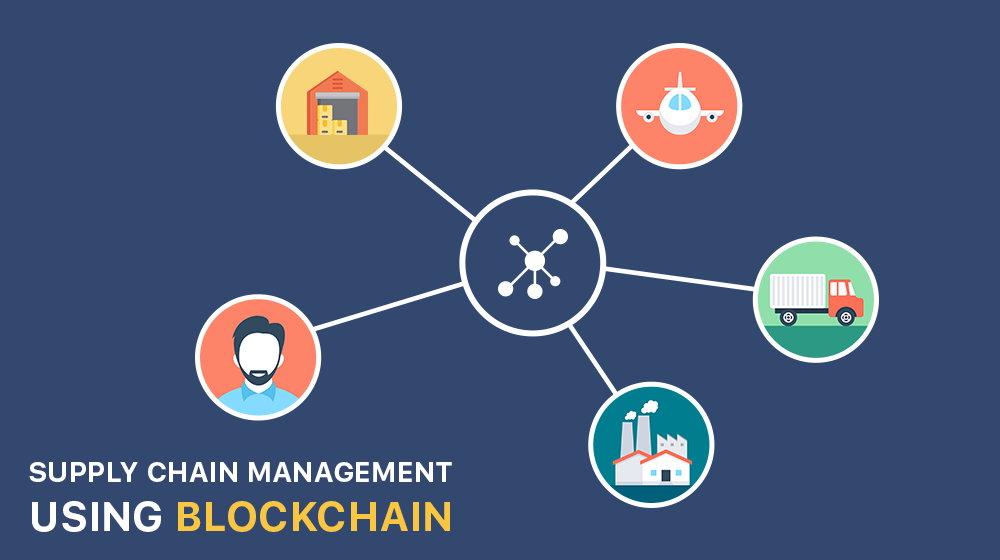
Enter, blockchain. A distributed, digital ledger that can record every transaction ever made on multiple systems. It is a highly reliable technology for businesses looking to achieve end-to-end traceability and surveillance along their chain, on a global scale.
Already through blockchain, consumers are able to view information on the product inside the box – from the exact farm where fruit was grown to the weaver of a cotton bedsheet – via a QR code or barcode.
However, consumers are increasingly scrutinising the sustainability of the product’s packaging. As such, experts at DS Smith predict blockchain will also be used to demonstrate both the sustainability of the packaging and inform consumers of the best way to recycle it.
Alan Potts, Design and Innovations Director at DS Smith said, “It’s no longer enough to ensure the integrity of a product being purchased. Businesses will only succeed if they can deliver on customers’ expectations of the sustainability of the whole package – and that includes what’s on the outside. That’s why technologies like blockchain, which are capable of dealing with an incredibly complex supply chain, are so important for us to harness to achieve a true circular economy.”
Another emerging technology highlighted by the report is Artificial Intelligence (AI) which is continuing to push the boundaries. For example, DS Smith has worked with customers to create innovative algorithms that unlock space saving opportunities in e-commerce. Unpublished business cases illustrate 23% higher fill rate for a large FMCG player, up to 51% savings in packaging costs for a leading logistics company, and a 22% reduction of void fill for an electronics company.
However, to be implemented effectively, different stakeholders involved in the global supply chain will be expected to work together, allowing them to deliver a unique offering to customers and keep prices low.







